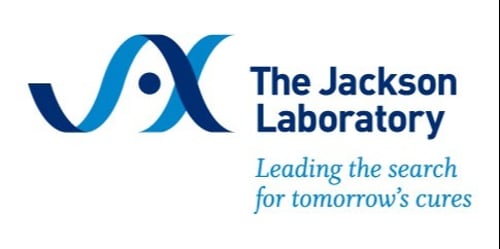What is Genetic Counseling?
What is Genetic Counseling?
Genetic counseling consists of an appointment with a genetics expert in-person, by telephone or by video. Genetic counseling usually involves an in-depth discussion of the following:
- Your personal and family medical history
- The benefits and limitations of genetic testing
- Genetic privacy and discrimination laws
Once they evaluate your personal and family medical history, a genetic counselor will discuss other tools that may further clarify your risk for cancer, including genetic testing. A genetic counselor will not try to talk you into or out of testing but will discuss its benefits, risks, costs, and limitations.
Why is genetic counseling important?
Consulting with an expert in cancer genetics is the best way to ensure receiving the most up to date and credible information. Whether you are considering genetic testing or you have already received your results, it is important to include a genetics expert as part of your healthcare team. Cancer genetics is a rapidly changing area of medicine, and recommendations for cancer screening, prevention and treatment are constantly changing. Having a genetic counselor with whom you can consult on a regular basis will help you make any necessary adjustments to your medical routine as new information emerges. Visit our page on finding healthcare experts to find a genetics specialist.
Genetic counseling before genetic testing
If you decide to proceed with genetic testing, the counselor will:
- Fill out the paperwork and assure that the proper test is ordered.
- Work with your insurance and the testing facility to assure coverage for the test or help you find resources for low-cost testing if insurance won't pay.
- Collect either blood or a cheek swab sample for the test and submit it to the appropriate laboratory.
Genetic counseling after genetic testing
Once your results have returned from the lab, the counselor will schedule a post-test disclosure apppointment. This appointment is important; the genetic counselor will:
- Interpret and explain test results and what they mean for you and your relatives
- Provide you with your cancer risk estimates based on your test results
- Outline appropriate cancer risk management and treatment options
- Provide referrals to for follow-up screening and risk management, and suggest any relevant clinical trials
Find a Genetic Counselor

More Information on Genetic Testing for Cancer Risk
Types of Genetic Tests
Genetic tests are not all the same. Learn about the different types of tests and the information they provide.
Benefits and Limitations
Genetic testing can provide important health information, but there are limitations you should know about before testing.
Types of Test Results
It's important to understand your test results and what they mean for you and your relatives.
What to do After Testing
Learn about the next steps after receiving your genetic test results.
Deciding about Testing
Following these steps can help you decide if genetic testing is right for you.
Participate in Genetics Research
Below are some of our featured research studies looking at genetic testing. To search for additional studies, visit our Search and Enroll Tool.
.jpeg)

